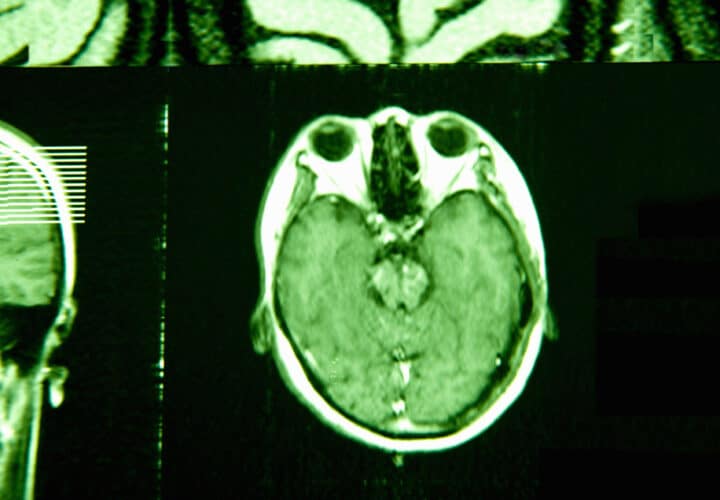In another step towards personalized medical treatment for dementia patients, Canadian researchers have used artificial intelligence to predict the progression of neurodegenerative diseases such as Alzheimer’s and Huntington’s.
“This test could one day be used by doctors to evaluate patients and prescribe therapies tailored to their needs,” study author Yasser Iturria-Medina said in a news release. “It could also be used in clinical trials to categorize patients and better determine how experimental drugs impact their predicted disease progression.”
The study about the new test was published in the journal Brain. It was conducted by the Montreal Neurological Institute and Hospital at McGill University and the Ludmer Centre for Neuroinformatics and Mental Health.
The researchers reviewed blood samples and post-mortem brain sample data on about 2,000 patients with late stages of Alzheimer’s or Huntington’s disease. Using an artificial intelligence (AI) program, the scientists found that an unsupervised machine learning algorithm strongly predicted how severe the disease had become.
When the artificial intelligence program was used to analyze blood samples from patients at the earliest stages of their Alzheimer’s progression, the scientists said it successfully predicted deterioration.
The researchers noted that their study provided the first long-term view of molecular changes underlying neurodegeneration, an important accomplishment because neurodegenerative diseases develop over years or even decades.
Iturria-Medina says his next steps will be testing these models in other diseases such as Parkinson’s disease and amyotrophic lateral sclerosis.
In recent years, researchers have been more intensely focusing on precision or individualized medicine in seeking remedies for Alzheimer’s and other dementias. Last year, for example, researchers in New York said that they had found, for the first time, clinical evidence that a series of lifestyle changes and medical interventions can slow cognitive decline from Alzheimer’s or other neurodegenerative diseases.
The authors of the said it was the first “in a real world clinic setting” to show that precision or personalized medical management may improve cognitive function and reduce Alzheimer’s or cardiovascular risk across a broad range of individuals.
“Instead of giving a ‘one-size-fits-all’ plan, doctors can now use precision medicine to tailor a specific set of suggestions for each individual,” neurologist and study author Richard Isaacson said in an interview with Being Patient.
“The goal for neurologists and other doctors should be to get our patients doing the best things for their individual body and mind to reduce their risk for Alzheimer’s or to slow its progression,” Isaacson added.





